How this Muslim American woman reclaimed the hijab in a post-9/11 world
Melanie Elturk turned to her faith and love of fashion to empower Muslim women.
Melanie Elturk said she first started wearing a hijab full time when she was a freshman in high school.
It was 1998 in Detroit and Elturk was one of five Muslim girls, including her best friend, who wore hijab. They attended a diverse school in the suburbs of Detroit that included a Muslim and Arab-American population.
"The decision to wear hijab came pretty easily. It was something that I knew I was going to do," she told "GMA."
But at the time, there was a perception among her peers that girls who wore the hijab were shy, timid and not very stylish, she explained, and for an outgoing, fashion-loving thirteen year-old, she feared that she may not be able to be herself.
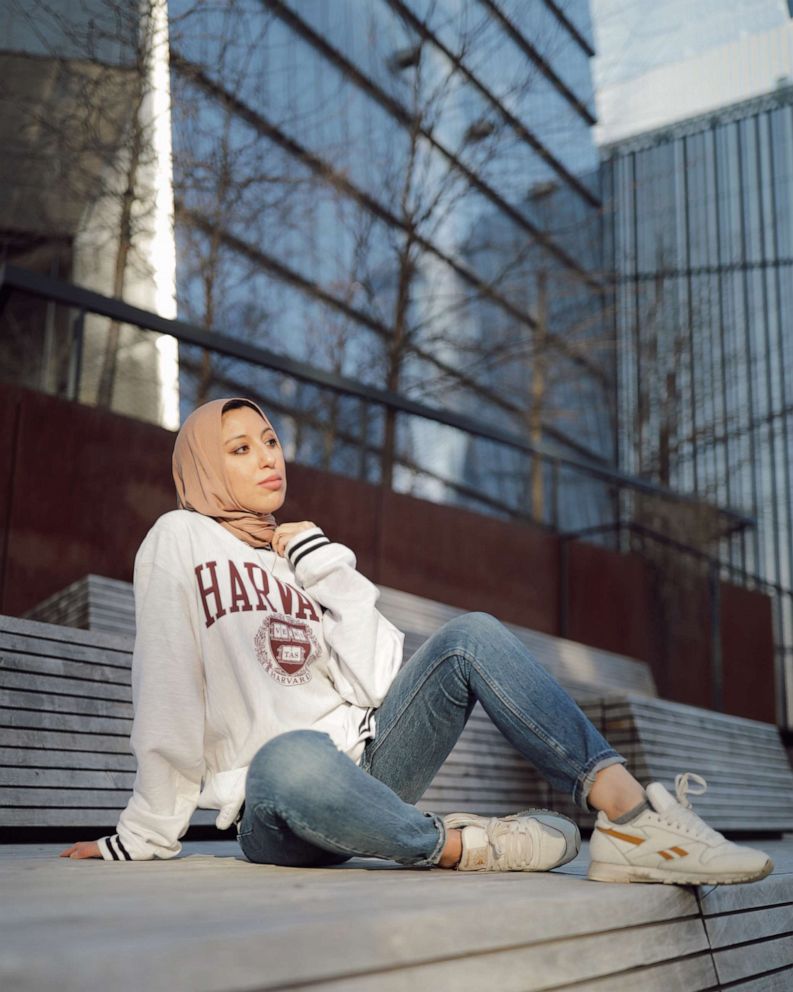
So during freshman orientation, she said that she and her best friend made a pact.
"We said to each other, we're going to do this. We're going to wear hijab, but we're going to be ourselves and we're going to be the loud, obnoxious, funny, extroverted, rambunctious people we are no matter what," she said.
At the end of the year, Elturk said she was voted "class clown" and her best friend was voted "best personality."
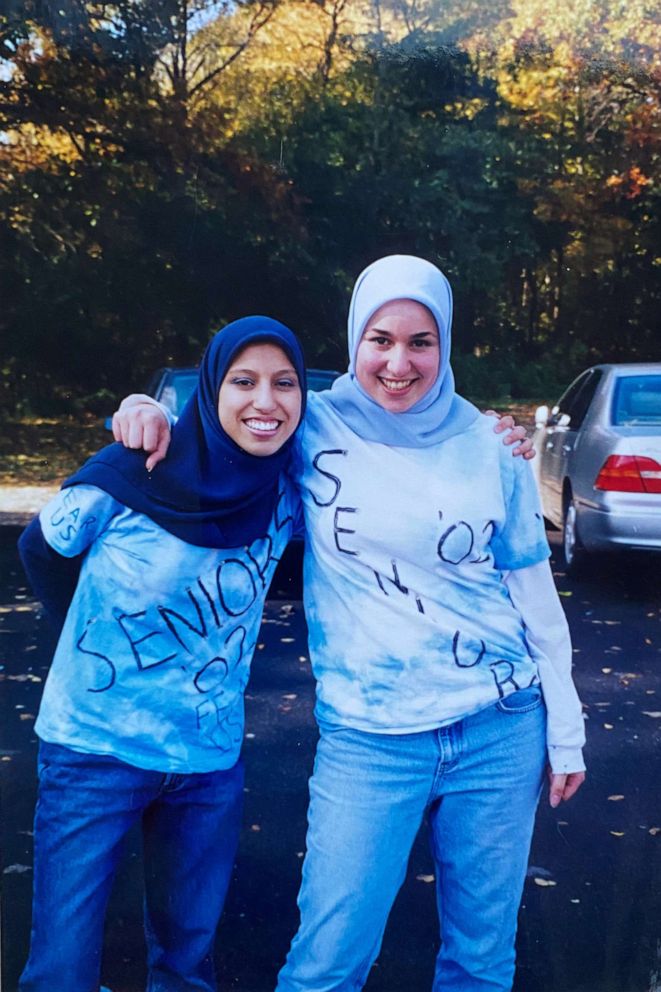
But while Elturk was In high school, the terror attacks of Sept. 11, 2001 made being a visible Muslim woman more challenging.
"Before 9/11 I really didn't think about my hijab. I just wore it and I was who I was, and I'm a really confident person," she said. But in a post-9/11 world, "I actually became aware of myself. I became aware of my surroundings, of people around me, of how I was dressed."
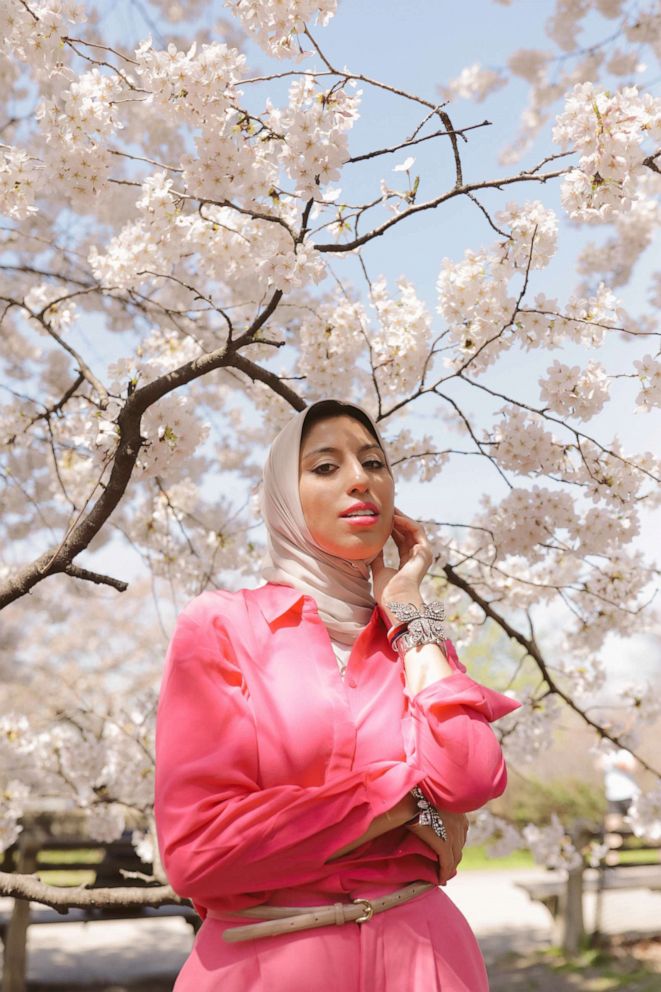
Over the next few years, Elturk said that her relationship with her hijab and her love of fashion would be tested, eventually leading her to find a new life purpose where those different parts of her converged.
'It was now an extension of me ... I could no longer remove it'
Elturk's father is Lebanese and Muslim, while her mother is Filipino and Catholic and although she was raised in a multi-faith household, she said that she began to identify more with Islam as she grew up.
But when she decided to wear the hijab full time, she said, her mother disapproved.
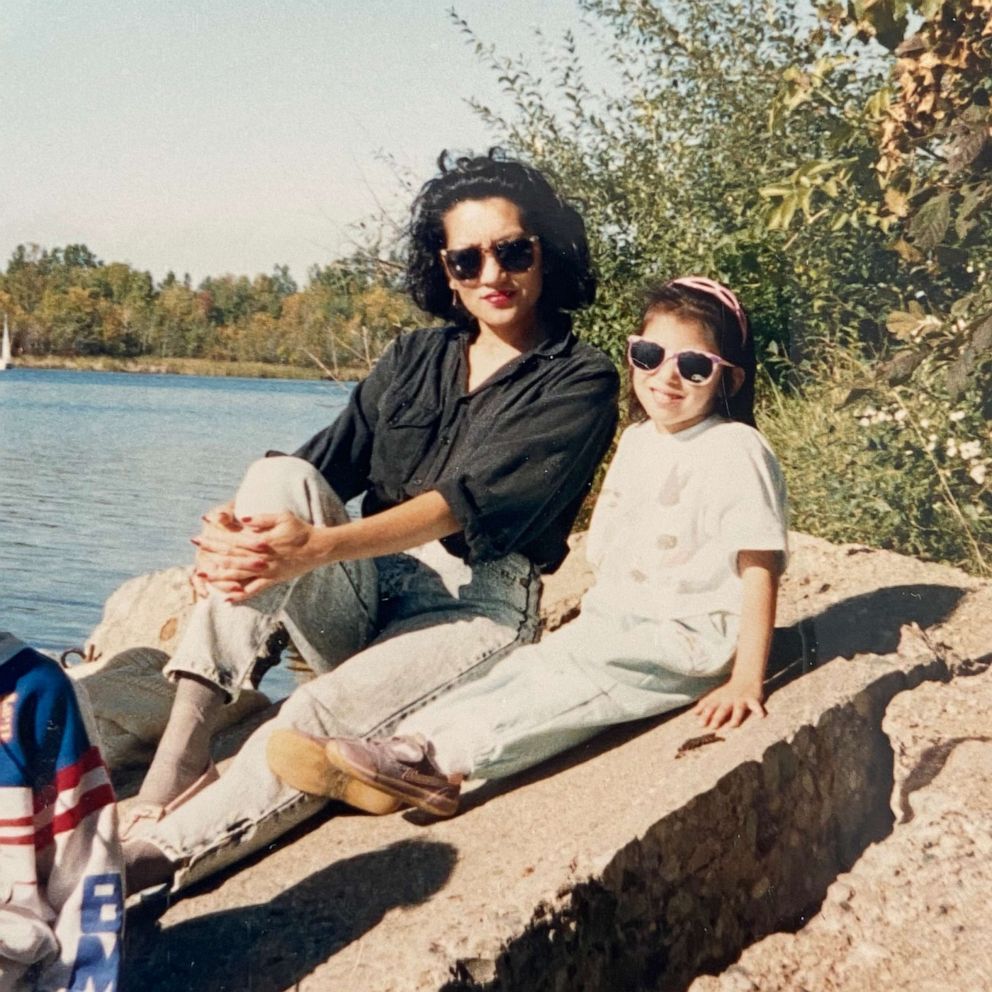
"My mom, who was raised Catholic, had a real issue with me wearing the hijab. And I think a lot of it has to do with her protective nature, because now this is, you know, a post-9/11 world," Elturk said. "And for her, she was really afraid of how the world might receive me in hijab."
She mostly lived with her father at the time, but whenever she stayed with her mother, she said she would remove her hijab.
Elturk said that at first, she was eager to please her mother and didn't mind, but as she turned fifteen her faith deepened and she also became more aware of why Muslim women wear the hijab.
"There's a really, really beautiful verse in the Quran in our holy book around why women wear hijab, and it says that we wear the hijab in order to be recognized as women of faith, in order for people to look at us and know instantly who we are, what we believe in what we stand for … so as to be protected," she said.
It was with this understanding that she could no longer remove the hijab, she said.
"I felt like I was living a double life, I was not being authentic to myself," she said, adding that her struggle with her mother at a young age tested her relationship with the hijab and ended up deepening her conviction to wear it.
'Enemy in their eyes'
On Sept. 11, 2001 a series of coordinated attacks by terrorists who claimed to be acting in the name of Islam killed nearly 3,000 Americans.
Elturk was sixteen years old and a junior in high school. She was in English class when the news broke, she recalled, and the students were moved to the tech lab where they watched the second plane hit the Twin Towers in real time on TV.
As America reeled from shock, anger and grief, Muslim Americans like Elturk found themselves in a difficult place, confronting a rise in Islamophobia, a surge in hate crimes and a persistent questioning of their faith and identity.
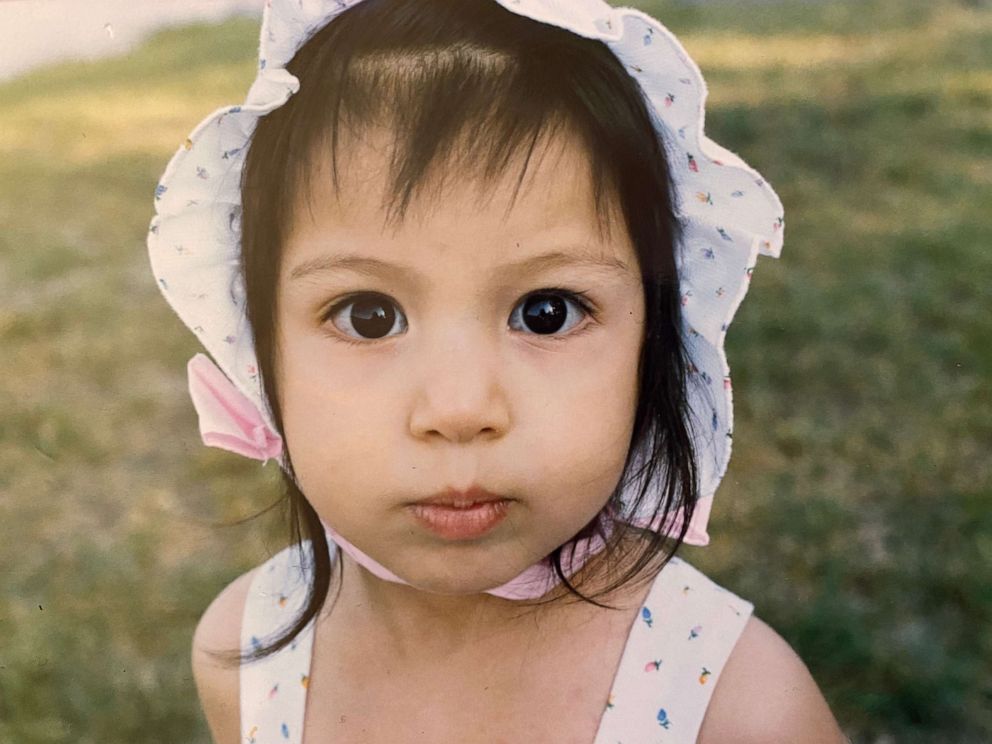
"I'm an American, I was affected just like anybody else, I had nothing to do with this," Elturk said. "So now I have to have the grief of an American, a very proud American, I have to grieve my country, and my countrymen, and now I also have to deal with this other piece of 'Oh, people see me as an enemy.'"
This feeling was heightened when she and her father were driving back to Detroit from Toronto and were stopped at a checkpoint apparently because her father's name was mistakenly placed on a terror watch list, she said.
"They came to the window and asked a bunch of questions and the next thing I know, I look up in front of me, and there are five men surrounding our car, with AK47s pointed at us," she said.
They were each taken into separate rooms and interrogated for hours.
"It felt so violating," she said.
"It just created this energy of I am this enemy in their eyes when you know, I'm this college student, bright-eyed and on my way to law school and so excited about life."
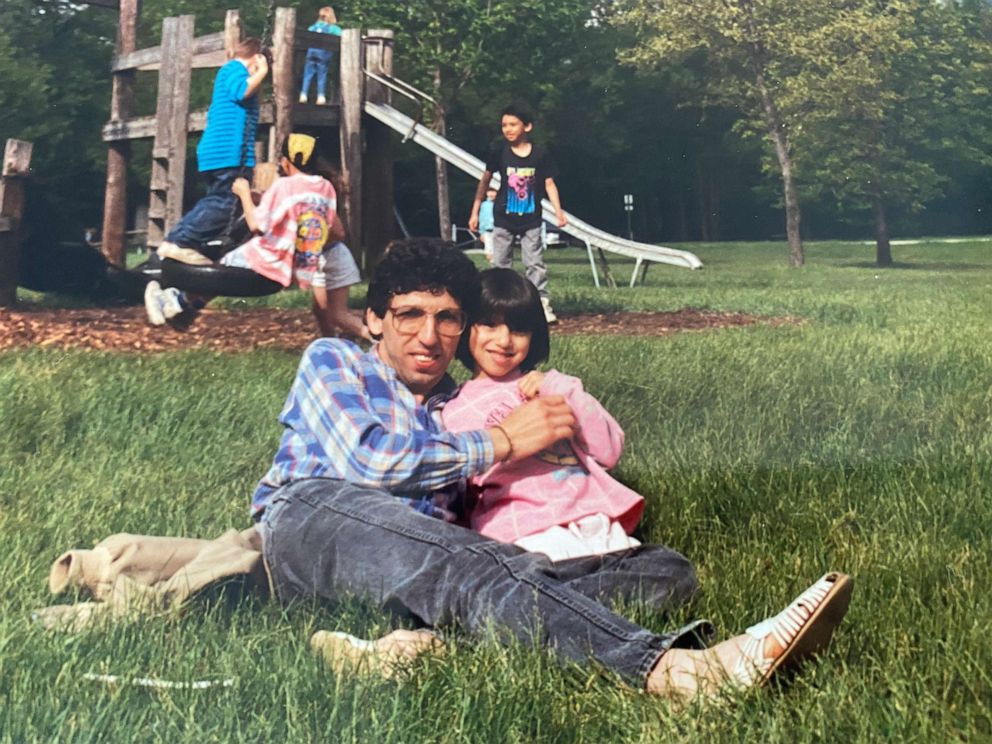
Her hijab, which provided her with a feeling of protection now made her a target.
But it was a lesson her father shared with her on their drive home that would stay with her for years to come: "The world's rough, but you can handle it, and don't ever let it defeat you."
'The best tool of empowerment is to just be who you are'
After graduating high school, Elturk went to law school where she became a civil rights attorney at the age of 23.
But in a post-9/11 world, she said she was saddened to see that it was becoming increasingly difficult to be a visible Muslim woman.

"The thing that I hated most was a woman who wanted to wear it, like, 'this is something I want to do, I really want to put it on. But I'm afraid of what people might think, I'm afraid I won't get a job … I have a fragile heart, I can't handle people staring at me.' And that kills me," she said.
Elturk said she knew how difficult it was to find stylish, quality and comfortable hijabs that made women feel confident. She recounted how in high school, she had to frequent thrift stores to find scarves and fabrics that she would makeshift into hijabs. And by embracing her hijab and making it the center of her look, she ended up getting voted "best dressed."
"Finally, I could express myself because imagine the beautiful vintage scarves you can find at a thrift store. It was like I hit the jackpot, like this whole new world opened up for me," she said.
And this excitement about fashion and self-expression, which brought her confidence, is what she wanted to share with other Muslim women.
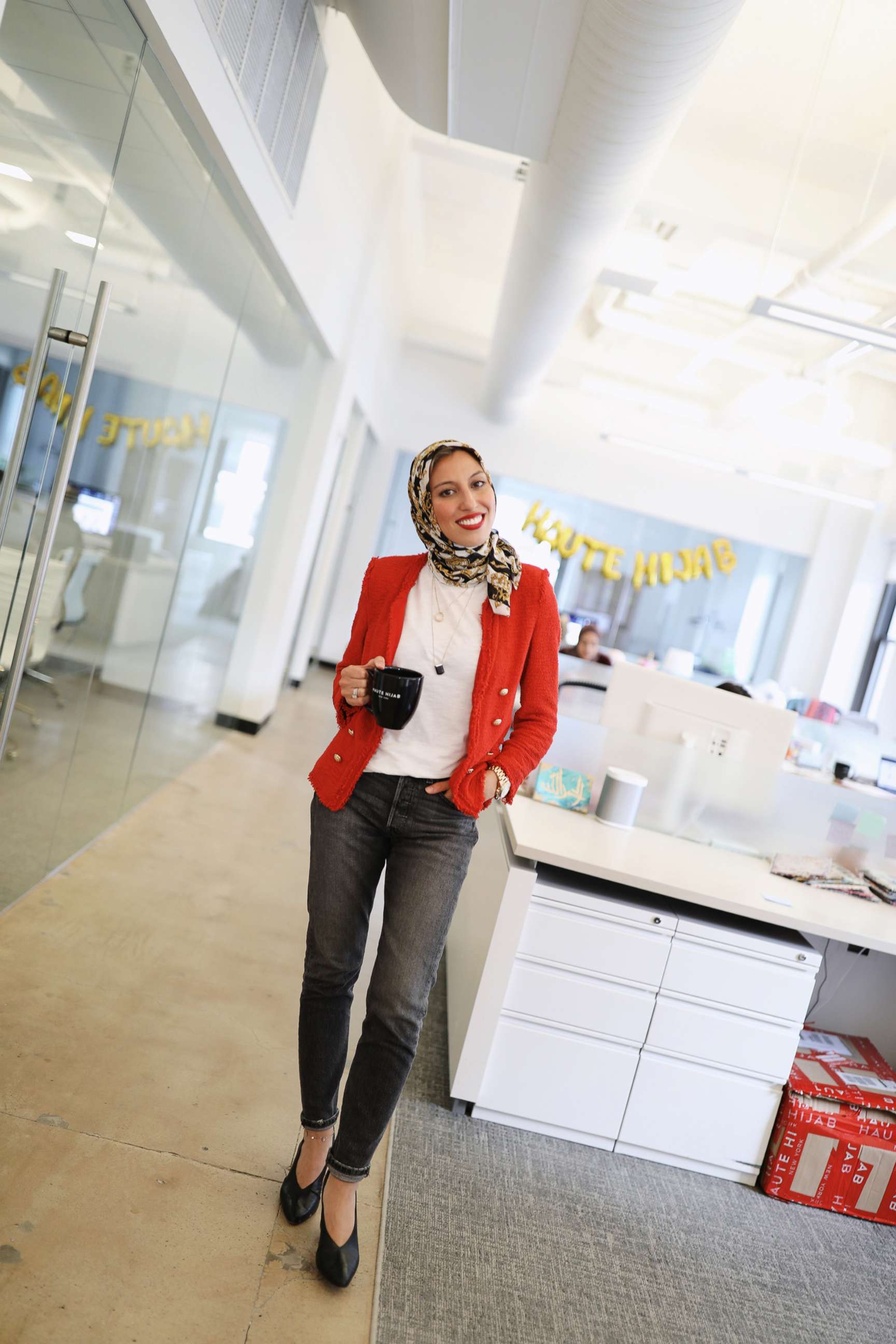
Elturk was 25 years old when she and her husband at the time, Ahmed Zedan, made it their mission to make the hijab mainstream.
They co-founded Haute Hijab in 2010 -- a modest fashion brand that produces hijabs and hijab accessories in various fabrics, colors and patterns for all events in a woman's life -- from working out to going out.
"I was really just hoping that I could empower or instill some sort of confidence in women to feel proud to wear hijab, that you could be successful in hijab, because of your hijab, and not despite your hijab."
Over the past eleven years, Elturk said that Haute Hijab has grown and partnered with many major retailers like J Crew, Old Navy and The Gap to provide hijabs for photo shoots featuring Muslim women in ads or to style models in a modest way.
By making the hijab mainstream, Elturk said that she not only hopes to "change the perception of hijab within the greater society," but "more importantly, within ourselves."
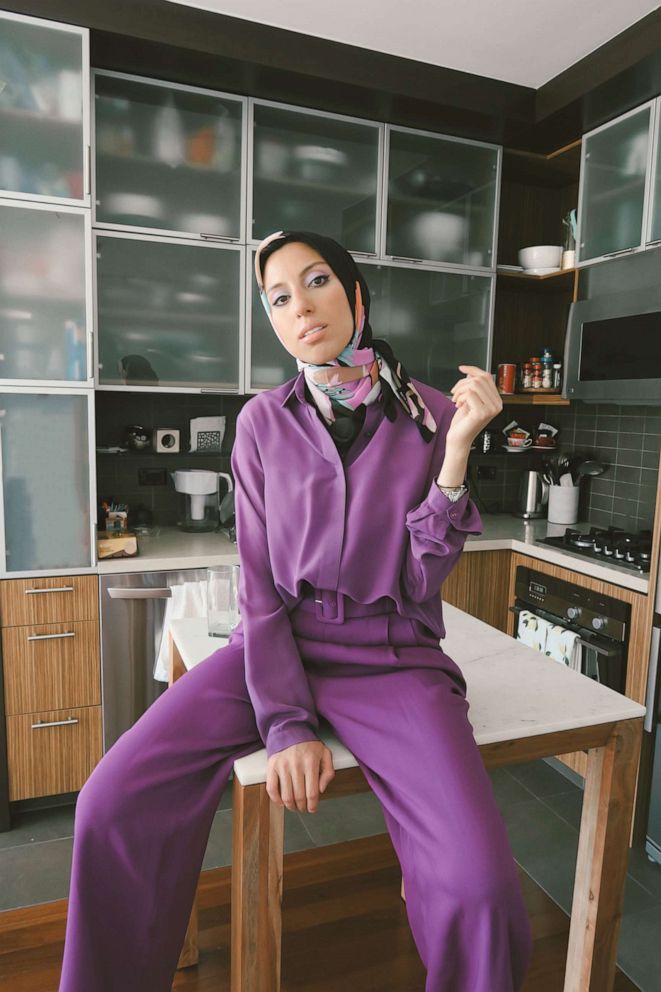
"That's the critical moment where a community has to be really careful to ensure that they're not inflicting self-hate upon themselves, and actually standing taller instead of cowering," she said.
And for Eltruk, "the best tool of empowerment is to just be who you are."
"People need to see us as the incredible mothers and caretakers and doctors and engineers and lawyers and students and teachers that we are as Muslim women, and we contribute a great deal to this society."
ABC News' Chris Cirillo and Nidhi Singh contributed to this report.




